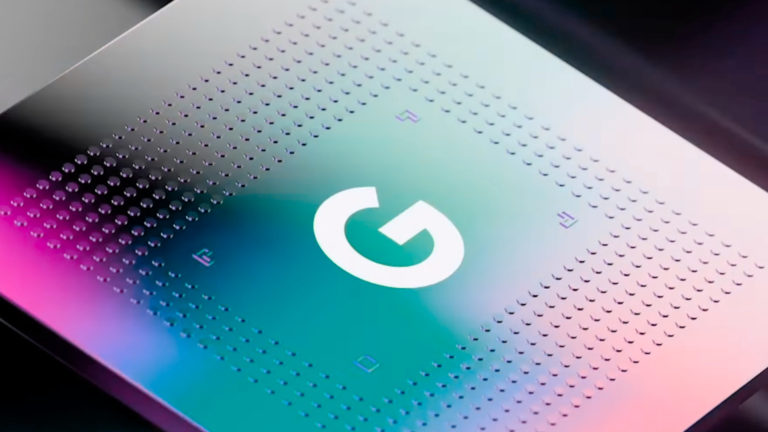Introduction:
Google has traditionally been at the forefront of technological innovation, and its most recent revelation has sent shockwaves throughout the digital world. The tech titan debuted its custom-designed Tensor System-on-Chip (SoC) in August 2021, which will power its future Pixel 6 and Pixel 6 Pro devices. Google’s Tensor SoC is poised to change the mobile experience by improving AI capabilities and overall speed. This article digs into the specifics of the Tensor SoC and its implications for the future of Pixel devices.
The Power of Tensor SoC:
At its core, Tensor SoC is Google’s ambitious attempt to bring advanced AI capabilities directly to its flagship smartphones. The company’s focus on artificial intelligence and machine learning is not new, but Tensor SoC takes it to the next level. It is a purpose-built chip that promises to deliver unparalleled performance, efficiency, and seamless integration with Google’s software.
Enhanced AI Capabilities:
Tensor SoC’s primary goal is to enhance AI capabilities on Pixel smartphones. With dedicated hardware for machine learning tasks, Google aims to provide users with intelligent and personalized experiences. The chip will enable faster on-device language processing, improved voice recognition, and more efficient computational photography. This means better voice commands, natural language understanding, and impressive computational photography features, all powered by AI algorithms running directly on the device.
Improved Performance and Efficiency:
Pixel smartphones have always been known for their smooth and fast performance, and the Tensor SoC promises to improve on that. The chip is intended to improve overall performance and energy efficiency by optimising hardware and software integration. Users can expect faster app launches, seamless multitasking, and fluid animations with Tensor SoC, giving a premium user experience.
Customization and Integration:
One of the primary benefits of Google developing its own SoC is the opportunity to modify it particularly to its software requirements. Tensor SoC has been tailored to work in tandem with Google’s software stack, ensuring that hardware and software components are seamlessly integrated. This level of optimisation helps Google to provide a consistent user experience across a variety of functionality, including camera performance, AI-powered features, and more.
Potential Future Developments:
While Tensor SoC’s introduction is primarily focused on improving AI capabilities and overall performance, it opens the doors to a multitude of future possibilities. Google’s investment in custom-designed hardware suggests a commitment to further innovation. Tensor SoC could pave the way for advancements in augmented reality (AR) experiences, gaming performance, and new AI-driven applications, bringing a new level of sophistication to Pixel smartphones.
Conclusion:
With the introduction of Tensor SoC, Google is making a bold statement about its commitment to AI-driven experiences and user-centric innovation. By designing its own custom chip, the tech giant is taking control of the hardware and software integration, aiming to deliver a seamless and powerful mobile experience. Tensor SoC promises to elevate Pixel smartphones to new heights, setting a benchmark for AI capabilities and performance in the industry. As we await the arrival of the Pixel 6 and Pixel 6 Pro, the excitement builds, and the potential for transformative smartphone experiences grows even stronger.
Follow Crispbot on Facebook and Twitter. For the latest news, tech news, breaking news headlines, and live updates checkout crispbot.com













